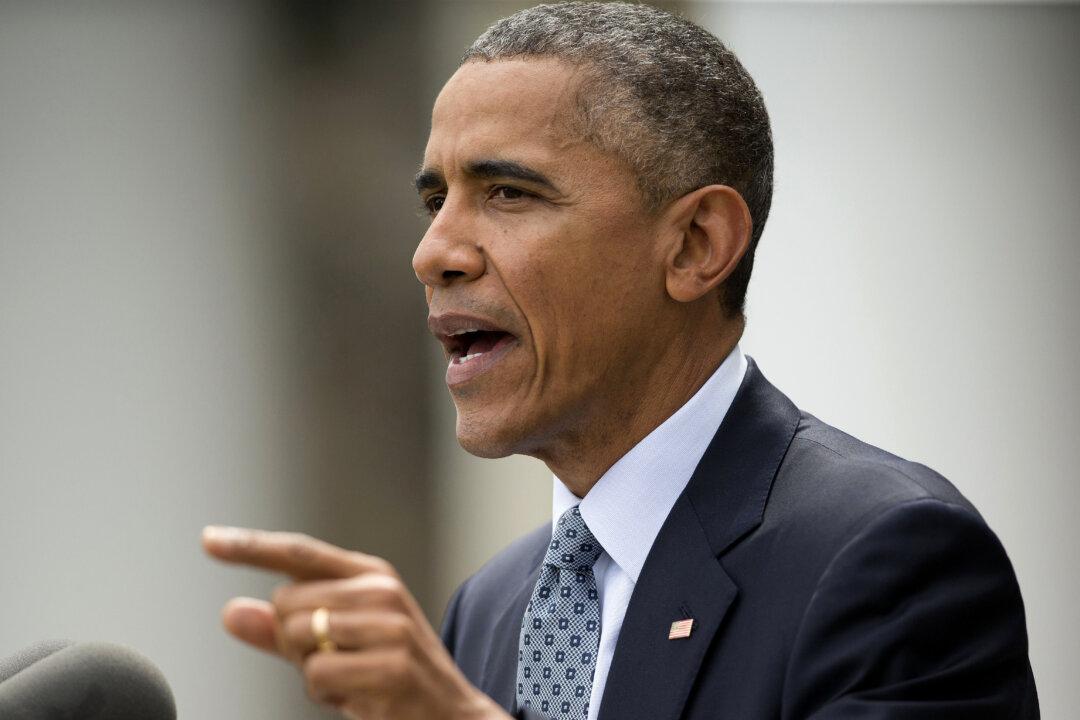The Obama administration puts a lot of stock into negotiating with hostile regimes. Consider its seemingly endless negotiations with Iran over that nation’s illicit nuclear weapons program. But even as those negotiations drag on, Iran’s ally Syria has systematically violated the 2013 agreement it negotiated with the administration.
In that agreement, codified in a U.N. Security Council resolution, Syria promised to give up its chemical weapons. Yet Reuters reported in May that international inspectors have found traces of sarin and VX nerve agent at Syria’s Scientific Studies and Research Center, a government facility that western intelligence agencies assess was involved in developing chemical and biological weapons.
The inspectors, from the Organization for the Prohibition of Chemical Weapons, also are investigating numerous reports of the use of chlorine gas in “barrel bombs” delivered by the Assad regime’s helicopters. Damascus has denied all the charges. It also continues to block inspectors from accessing some of the attacked areas.
Under the 2013 agreement, once hailed by the Obama administration as a diplomatic triumph, Syria pledged to destroy its chemical weapons—permanently and completely. These reports indicate that Syria never lived up to the bargain.
